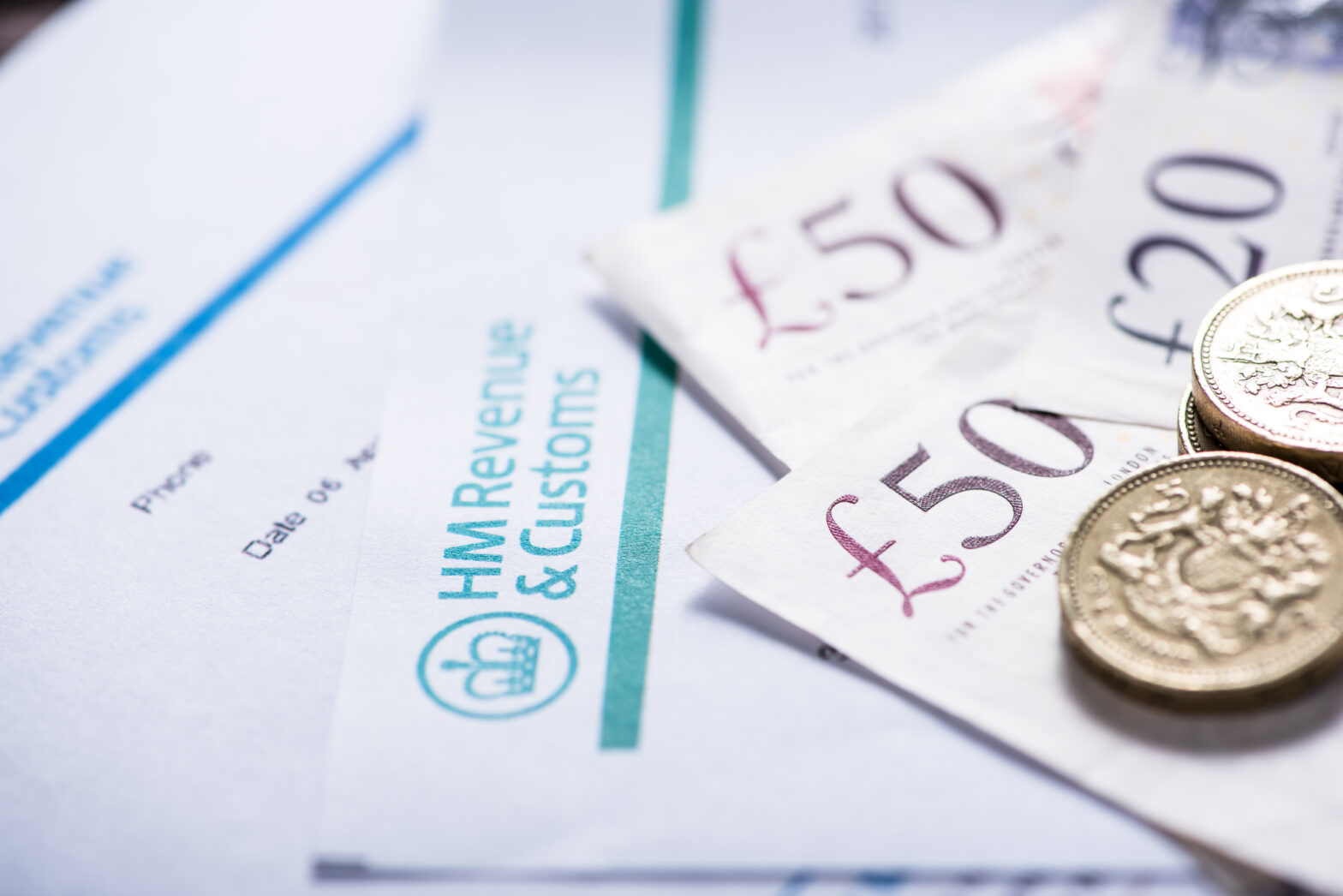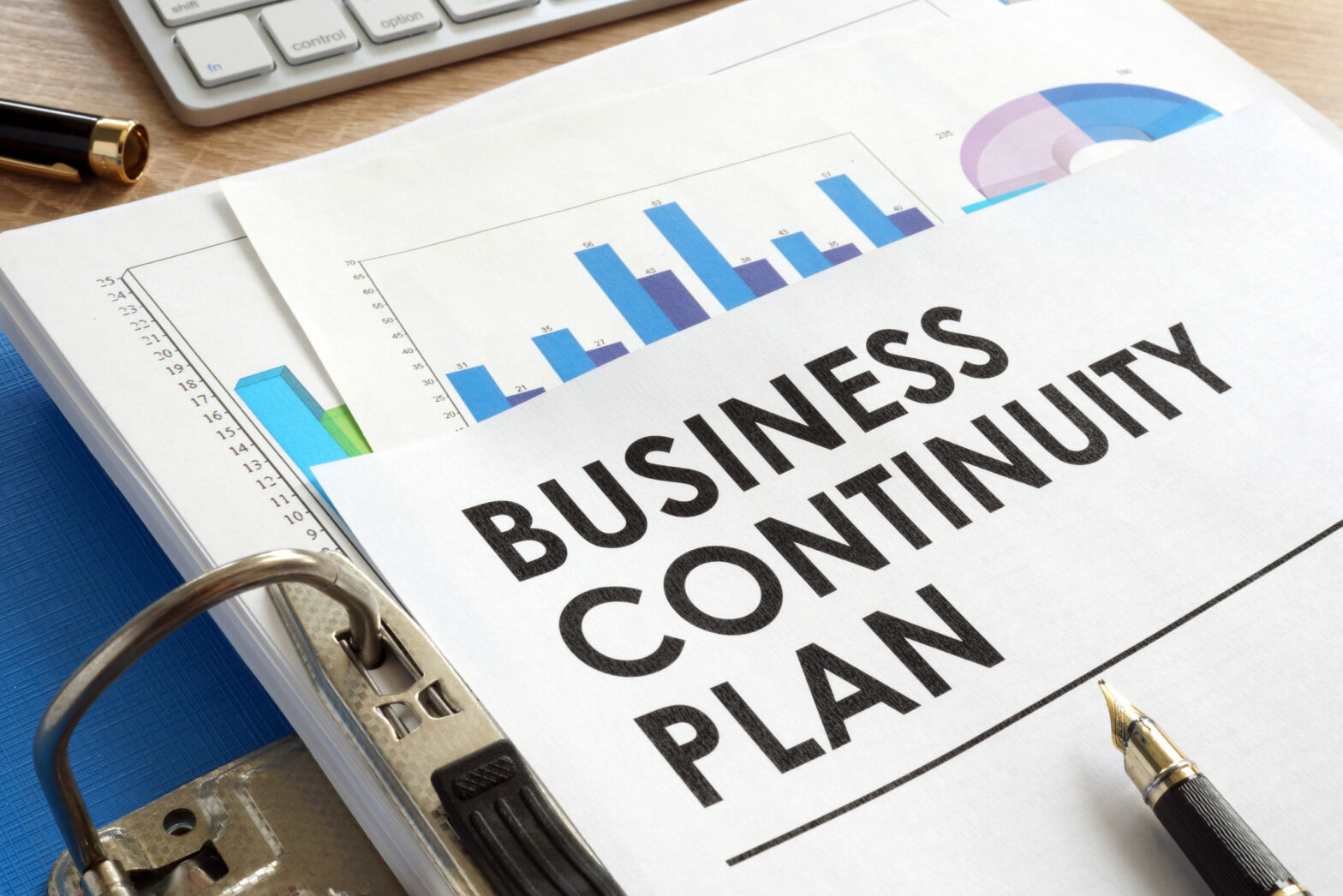Did you know that if you had a beard in Russia in the 1700’s, you had to pay beard tax? The UK may not have beard tax, but as part of the latest Spring Budget, there are a few changes to taxes you need to know about.
Personal allowance
For the 2017/2018 tax year, the standard personal allowance — the amount of income you don’t have to pay tax on — has increased from £11,000 to £11,500.
Earnings above the personal allowance fall into different tax bands. In England, Wales and Northern Ireland, the basic rate limit for 2017/18 has increased from £32,000 to £33,500. This means earnings between £11,500 and £45,000 will be taxed at 20 per cent – resulting in a higher take-home salary for some earners. Earnings from £45,000 to £150,000 are charged at 40 per cent and earnings above £150,000 at 45 per cent.
Dividend allowance
The Spring Budget also saw the dividend allowance slashed from £5,000 to £2,000 from April 2018. Currently, if you are a shareholder of a business, the dividend allowance means that you won’t have to pay tax on the first £5,000 of your dividend income. Anything above this amount depends on your tax band, 7.5 per cent for basic rate tax payers, 32.5 per cent for higher rate tax payers and 38.1 per cent for additional rate tax payers.
The changes were proposed to align the tax treatment of self-employed individuals with that of other workers. However, this measure will predominately affect small business owners who pay themselves an income.
Class four national insurance
Class four national insurance (NI) is the percentage of a sole trader’s profits that must be paid to the Government. In the budget speech the Chancellor announced that this would be increased from the current 9 per cent to 10 per cent in 2018 and then to 11 per cent in 2019. However, in a spectacular U-turn, following uproar from all quarters this proposed change has now been abolished.
Class two national insurance also exists at a fixed weekly charge of £2.80 for businesses with profits exceeding £5,965. However, this will be abolished from April 2018.
Making tax digital for small businesses
Extensive changes to how taxpayers record and report income to HMRC are being introduced under the Making Tax Digital for Business (MTDfB) proposal. Businesses, self-employed people and landlords who have a turnover above the VAT threshold will be required to use the new digital service from April 2018.
What’s more, the VAT threshold has been increased from £83,000 to £85,000. This is still a relatively low threshold for Making Tax Digital meaning more businesses will need to make the move to digital, with help from online accountancy software.
Minimum wage
The Chancellor also announced an increase of 30p per hour to the national living wage, rising from £7.20 to £7.50 an hour in the 2017/18 tax year. This aligns with the Government’s long term target of increasing the minimum wage to £9 an hour by 2020. All other rates from the 16-17 to the 21-24 age group have also increased in line with inflation. It is an employer’s responsibility to ensure they are paying their workers this rate or more.
As a business owner, it’s important to know the system inside and out so you don’t face any nasty surprises or rebates. Thankfully, the finance experts at Tally Accounts have created a helpful guide to help you make sense of the 2017/18 budget – and you’ll be pleased to know beard tax isn’t being reintroduced.
Richard Stonier is a partner at Tally Accounts.







